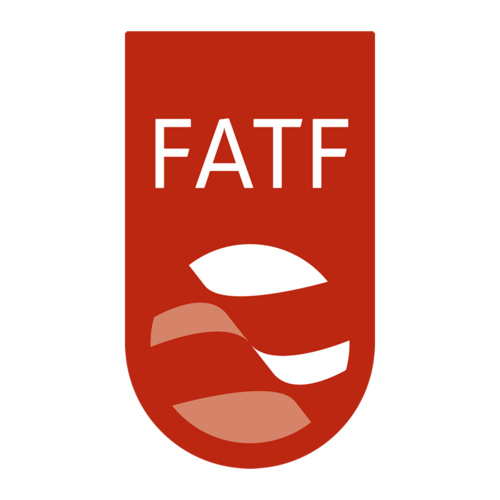The FATF and the virus - some 'best practice' for banks and regulators
Chris Hamblin, Editor, London, 11 May 2020

The Financial Action Task Force, the world's anti-money-laundering/AML standard-setter, has published a paper in response to the unprecedented and rapidly evolving public health crisis that is sweeping the globe. Its findings on the subject are likely to evolve as the crisis deepens.
What should governments do?
The FATF looks forward to governments all over the world taking steps to deal with these problems of which it is worryingly ill-informed. These include:
- "domestic co-ordination" (presumably this refers to governments doing things in their own countries) to assess the effect of the virus on AML/ATF risks and systems;
- more communication between the public and private sectors;
- encouragement for banks and other financial firms to make full use of a risk-based approach to knowing their customers; and
- support for electronic and digital payments.
In relation to KYC controls, the FATF approves of the following things that supervisors have done, or might do.
- Apply "simplified due diligence" measures to deal with the lower end of any money-laundering risks that firms have spotted. These include accounts created specifically to facilitate government payments to individuals or businesses and offering access to digital/contactless payment solutions.
- Say, in fresh guidelines, that customers may have legitimate reasons (perhaps being confined, under quarantine or ill) for not providing information for the purposes of "ongoing due diligence" or KYC refreshers and that the usual processes for dealing with these situations (such as an abrupt end to the relationship with the customer) may not be appropriate at this time.
- Allow reporting entities to accept recently-expired government-issued identifying documents until further notice in order to verify the identities of individuals (although still requiring them to determine the authenticity of each identification).
- Delay verification for new business relationships, perhaps by setting transaction limits. Reporting entities can accept digital copies of documents as a temporary measure, with money-laundering reporting officers (MLROs) being able to see the originals physically in due course.
As an additional way of encouraging the full use of a risk-based approach to KYC, the FATF is encouraging the use of "responsible digital identity and other responsible innovative solutions for identifying customers at onboarding and while conducting transactions." It recently told the intelligence community that non-face-to-face onboarding tehcniques and transactions conducted using trustworthy digital ID were not necessarily highly risky and could even pose a standard or even a low risk.
This happened in an acronym-laden paper that the FATF published in March entitled 'Digital Identity.'












